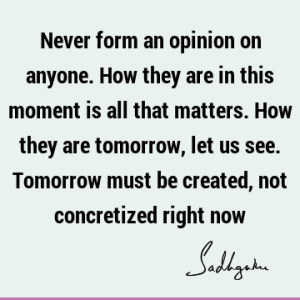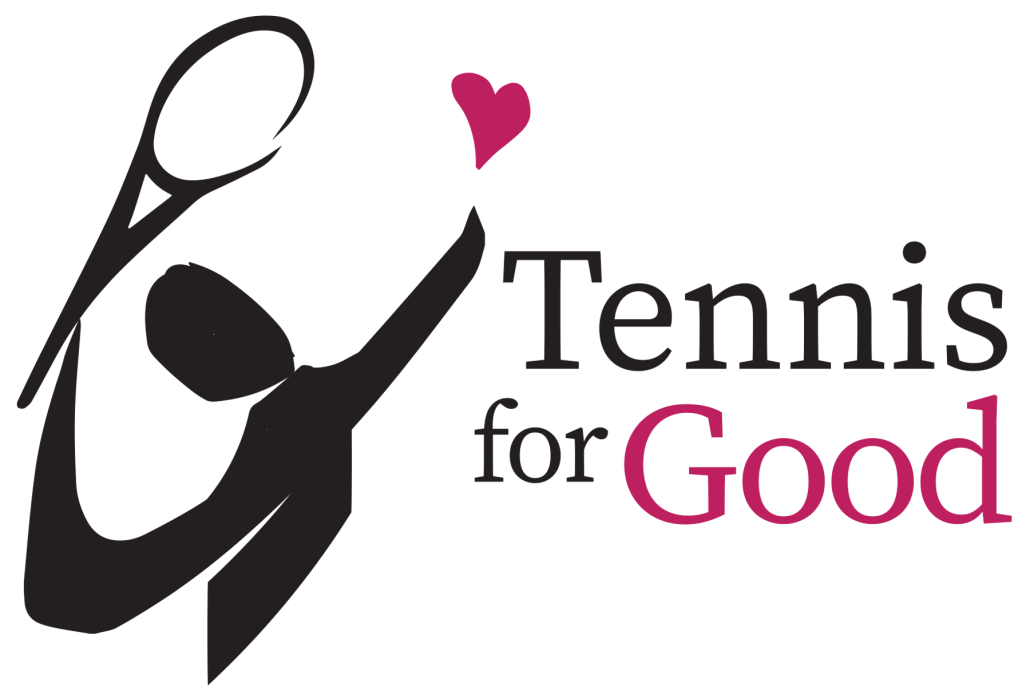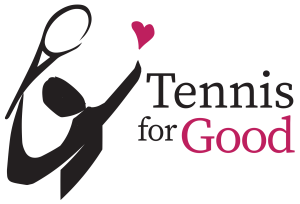 When I play a match against someone whose game I’m familiar with, I go out with expectations.
When I play a match against someone whose game I’m familiar with, I go out with expectations.
“I should beat this guy two and three.”
“I’ll be lucky if I get to four and four.”
And so on.
It’s my version of what Gambling World calls the over-under: “A bet on whether the outcome of an event will be above or below a number established in advance by the bookmaker.” It doesn’t thrill me that I do this, and it thrills me even less that it feels damn near as difficult to avoid as breathing. It’s a hardwired exercise in hierarchical thinking: Where do I fit in? And, more finely-grained still: Is where I believe I fit in where I actually fit in?
As mammals, our social world is inherently hierarchical. We are wired to know who’s above and who’s below.
As conscious beings, we are endowed with the capacity to override this. Most of us have access to an inner world where we’re all equal. The biblical maxims “love thy neighbor as thyself” and “the meek shall inherit the earth” invite us to take up residence there.
Much of the political strife in the world is between advocates of these two camps. Consider our changing attitudes toward people with disabilities. People used to say about a person in a wheelchair, “He’s a cripple.” The current “he’s disabled” is kinder, gentler, less dismissive, and more fundamentally egalitarian and non-hierarchical. This suggests that the arc of progress is taking us in a good direction.
Like most of us, I straddle both worlds. I aspire to respect and appreciate all people equally, and I am also wired for hierarchy. For me, this isn’t an “equality good, hierarchy bad” situation. We need standards in this crazy world of ours, and standards are inherently hierarchical. But we can overdo hierarchy or embrace it for the wrong reasons (think mocking the disabled), and we can also overdo the open-hearted “we’re all created equal” thing — the Tibetan teacher Chogyam Trungpa Rinpoche coined the term “idiot compassion” to describe wretched excess in that direction.
To put it in plain English, you can be a hierarchical ass, and you can be an egalitarian ass, too. How do you not fall prey to either of these traps? The best answer I can come up with is this: Whichever aspect of yourself you embrace in any given moment, take care to do so for the right reason. and that is — to bring more of the Big Three (truth, beauty, justice) into the world.
Playing the over-under game on the tennis court is, for me, a vestigial hierarchical tic. It’s silly, it’s stupid, and it’s counter-productive. It sets me up for shame and it sets me up for vanity. Either way, I lose.
This isn’t the only problem with the over-under game. Life is alive, fluid, always in motion. It’s lived moment by moment, point by point. We thrive the most — we live most deeply — when we engage that reality fully. The over-under game pushes us away from that. It turns ourselves and our opponents into concepts, into notions, who are fixed in time and fixed in ability. It concretizes us — and I, for one, am not into concrete, whether it’s concrete boots or all of me.
I don’t believe I’ll ever get that bookmaker entirely out of my mind. Maybe, over time, I can grind him down, though.
Do you play tennis matches with ‘over-under’ in your mind? How much hierarchical thinking do you bring into your transactions with other people, and do you do so in a way that makes the world a better or a worse place?

